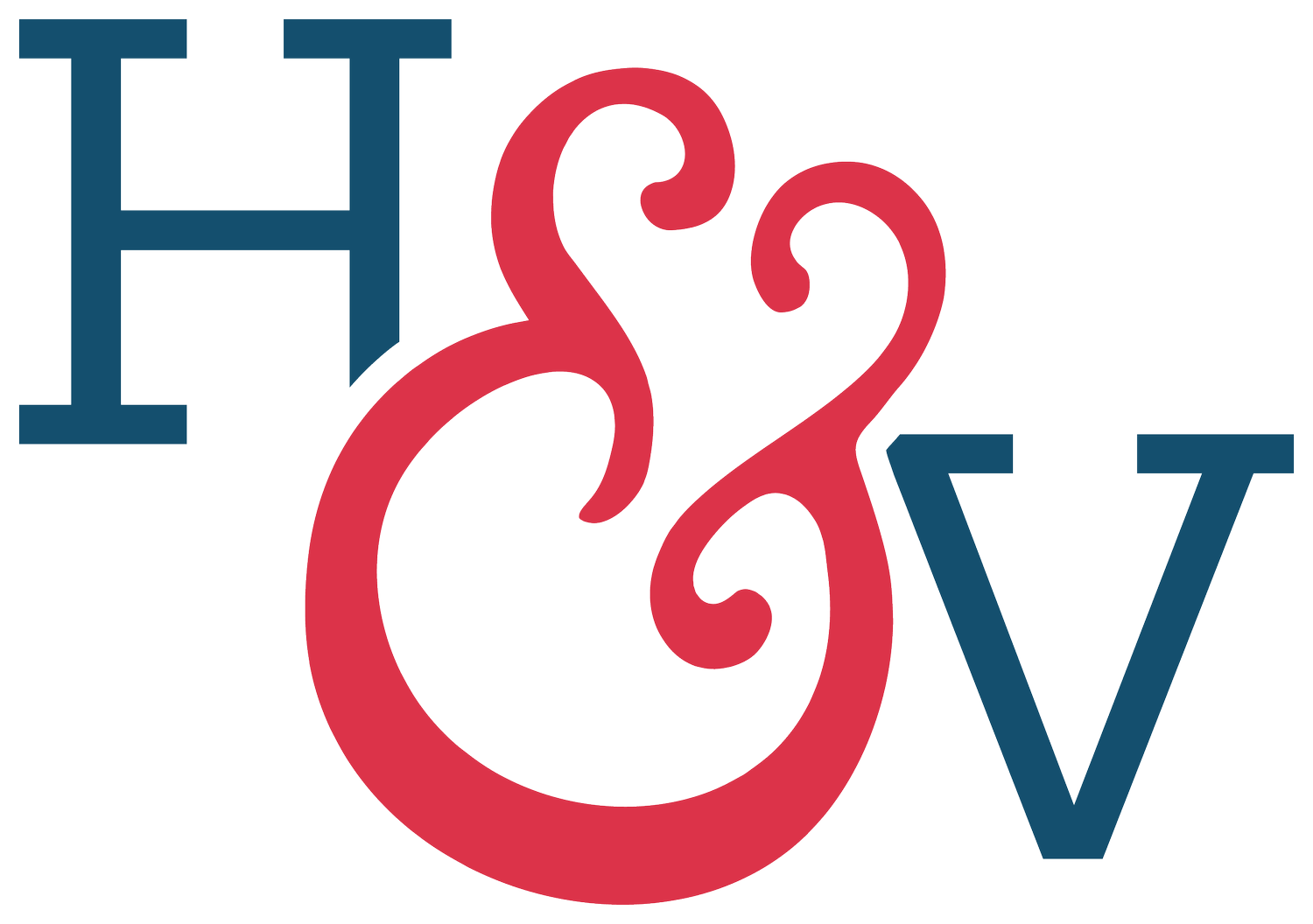Understanding Blood Pressure
Blood pressure. We've all heard of it, and most of us have had it measured at some point. But what exactly does it mean, and why is it so crucial for our overall health? Let's break it down in simple terms.
What is Blood Pressure?
Think of your circulatory system as a city's plumbing system. The heart is the pump station, the blood vessels are the pipes, and the blood is the water flowing through them. Blood pressure is the force that blood exerts on the walls of blood vessels, much like the water pressure in pipes.
The Two Numbers
When you get your blood pressure checked, you'll usually see two numbers, e.g., 120/80 mm Hg. But what do they represent?
Systolic Pressure (the higher number): This is the force exerted on artery walls when the heart contracts and pushes blood out.
Diastolic Pressure (the lower number): This is the force when the heart is at rest between beats.
Both numbers are measured in millimeters of mercury (mm Hg).
What's "Normal"?
Here are general guidelines (it can vary based on individual health conditions):
Normal: Below 120/80 mm Hg
Elevated: 120-129/<80 mm Hg
High Blood Pressure (Hypertension): 130/80 mm Hg or higher
Consistently high numbers indicate hypertension, which can lead to severe health complications if left untreated.
Why Does It Matter?
Persistently high blood pressure strains the heart, damages blood vessels, and increases the risk of:
Heart attack
Stroke
Kidney damage
Vision loss
And more...
On the other hand, very low blood pressure (hypotension) isn't necessarily risk-free either. It can lead to dizziness and fainting, depriving organs of sufficient blood flow.
What Affects Blood Pressure?
Several factors can impact your blood pressure, including:
Diet: High salt intake can raise blood pressure.
Weight: Being overweight often correlates with increased blood pressure.
Physical Activity: Regular exercise can help lower blood pressure.
Alcohol and Tobacco: Both can raise blood pressure.
Stress: Chronic stress can lead to prolonged periods of elevated blood pressure.
What Can You Do?
Regular Check-ups: Know your numbers. Regularly monitor your blood pressure.
Healthy Diet: Opt for a diet rich in fruits, vegetables, lean proteins, and whole grains.
Stay Active: Incorporate physical activity into your routine.
Limit Alcohol and Avoid Tobacco: Both can significantly affect blood pressure.
Manage Stress: Find coping mechanisms like meditation, deep breathing, or hobbies.
Blood pressure is more than just numbers; it's a significant indicator of cardiovascular health. By understanding what it is, what affects it, and how to manage it, you're taking essential steps toward a healthier heart and life. Remember, it's always best to consult with healthcare professionals regarding your individual health needs.
Call us today at The Heart & Vascular Center of West Tennessee to schedule your evaluation with one of our board-certified physicians. 731-512-0104

